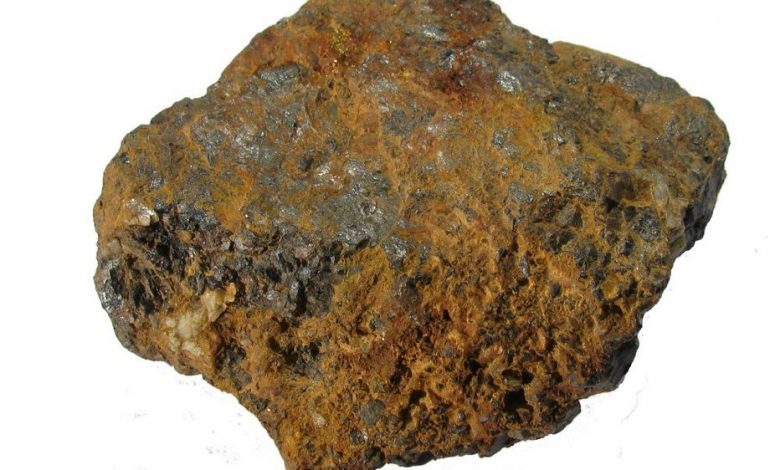Minimum purity level for tin exports increased to 99.85%
According to Nankabirwa Under the new statutory instrument, the minimum purity level for tin exports has been raised significantly to 99.85%, up from the previous range of 67% to 70%.

In a landmark move aimed at enhancing value addition to Ugandan minerals before export, the Minister of Energy and Mineral Development, Dr Ruth Nankabirwa, has signed a new statutory instrument that sets higher purity levels for tin exports.
The instrument was signed at the Ministry headquarters at Amber House, Kampala, on December 22, 2023.
According to Nankabirwa Under the new statutory instrument, the minimum purity level for tin exports has been raised significantly to 99.85%, up from the previous range of 67% to 70%.
She said this change is expected to transform the tin mining and processing industry in Uganda.
The minister highlighted the role of Wood Cross, a company that has recently established a tin smelting plant in Mbarara, Western Uganda.
The minister also addressed the issue of tin smuggling, warning that, “the government will intensify monitoring to protect the industry and ensure the availability of raw materials for the new smelting plant,”
Dr. Nankabirwa mentioned that similar purity standards would soon be established for other minerals like vermiculite and the 3Ts (Tin, Tantalum, and Tungsten).
Tin, which is predominantly mined in western Uganda areas of Isingiro, Ntungamo, and Mbarara, is primarily used in solder, an alloy that is essential for joining pipes and electronic circuits.
It’s also used in plating, to prevent corrosion, and in various alloys, such as bronz







